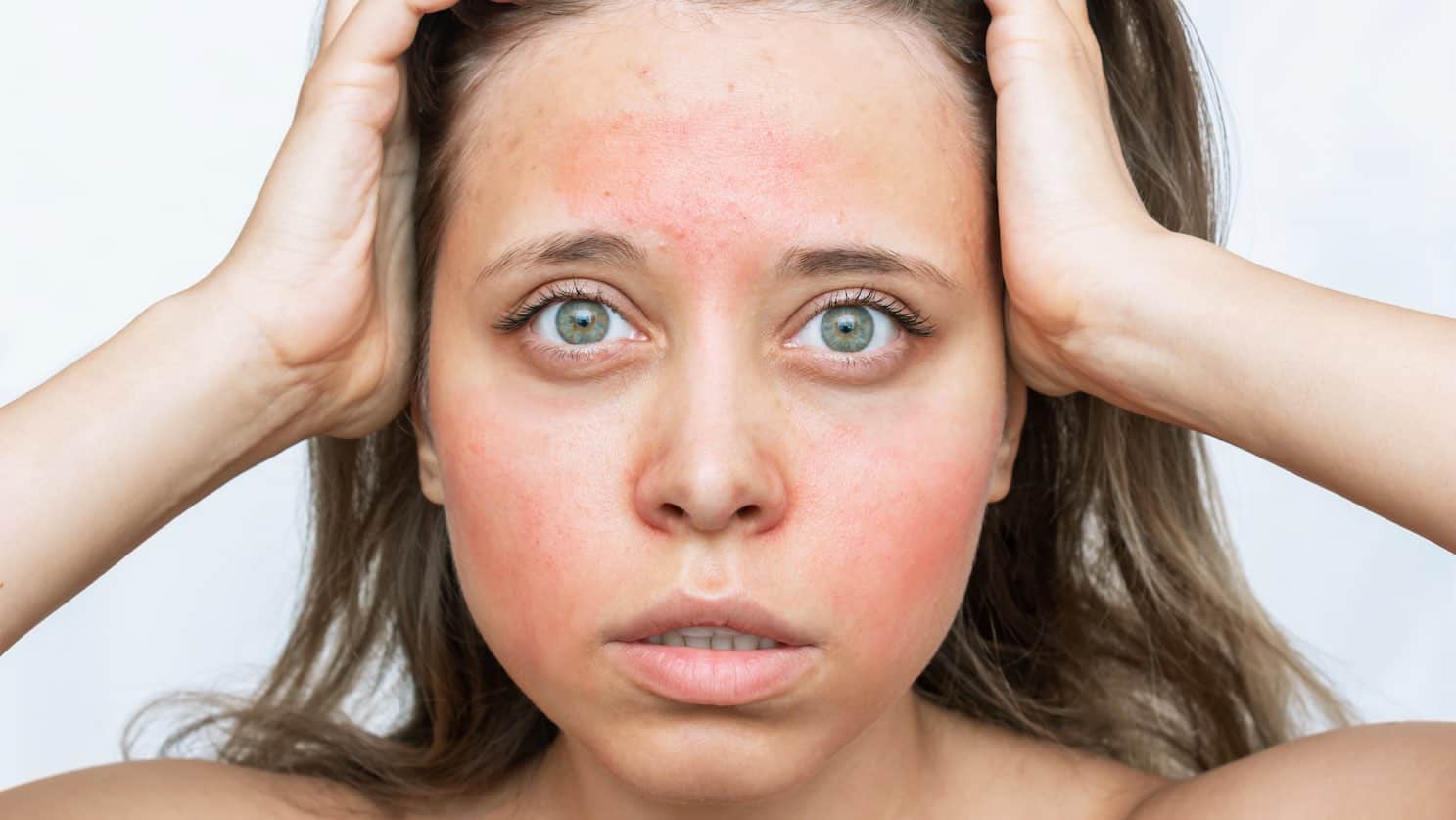nbaschedule2012now.net – Makeup is a staple in many people’s daily routines, offering a way to enhance features and boost confidence. However, for some, makeup can lead to unexpected and unpleasant allergic reactions. Understanding what causes these reactions and how to prevent them is crucial for maintaining healthy skin.
The Culprits Behind Allergic Reactions
Allergic reactions to makeup can occur when the skin comes into contact with certain ingredients that trigger an immune response. Common culprits include fragrances, preservatives, and dyes. For instance, parabens and formaldehyde-releasing preservatives, often used to prolong the shelf life of cosmetics, can be irritating for sensitive skin.
Types of Reactions
There are generally two types of reactions that can occur: irritant contact dermatitis and allergic contact dermatitis. Irritant contact dermatitis is more common and happens when a product causes direct damage to the skin, leading to redness, itching, and burning sensations. Allergic contact dermatitis, on the other hand, involves an immune response that results in similar symptoms but can also include swelling and blistering.
Identifying a Reaction
Symptoms of an allergic reaction to makeup usually appear within a few hours of product application. Common signs include:
- Redness and inflammation
- Itching or burning sensations
- Swelling
- Blisters or hives
If you experience any of these symptoms, it’s essential to stop using the suspected product immediately.
Prevention and Care
To prevent allergic reactions, consider the following tips:
- Patch Test: Before using a new product, apply a small amount on the inner wrist or elbow and wait 24-48 hours to see if any reaction occurs.
- Read Labels Carefully: Look for hypoallergenic products that are free from common irritants such as fragrances and parabens.
- Know Your Skin Type: Understanding whether you have sensitive, oily, dry, or combination skin can help you choose products that are less likely to cause irritation.
- Consult a Dermatologist: If you have a history of skin allergies, a dermatologist can recommend suitable products and conduct allergy tests to identify specific triggers.
Treating an Allergic Reaction
If you experience an allergic reaction, immediately cleanse your skin with a mild cleanser to remove any remaining product. Applying a cool compress can help reduce swelling and soothe irritation. Over-the-counter hydrocortisone creams can also alleviate itching and inflammation. However, if symptoms persist or worsen, it’s important to seek medical advice.
Conclusion
While makeup offers numerous benefits, it’s important to be aware of the potential for allergic reactions. By taking precautions and being mindful of the ingredients in your cosmetics, you can enjoy the beauty of makeup without compromising your skin’s health.
